The SAF is embarking on an exciting change to transit from the 3rd Generation SAF to SAF 2040. The impetuses for this next organisational evolution are: first, the hybrid nature of conflicts below the threshold level of war, including the expanding digital space of cyber and information; second, the 4th Industrial Revolution (4IR) comprising game-changing technological applications and innovations for defence and security in both peace and combat; third, human and social complexities of our people, as well as our partners across the Whole-of-Government (WoG) and foreign militaries; and fourth our finite resources in manpower and the defence budget.
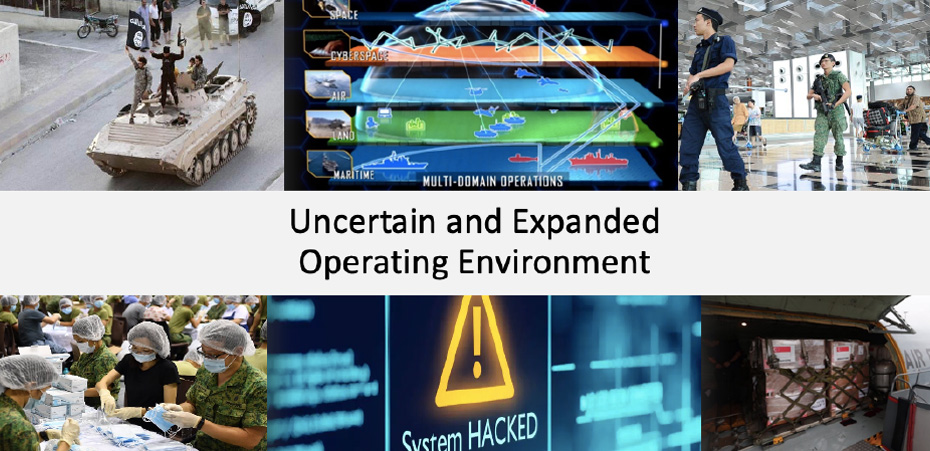
Uncertain and Expanded Operating Environment
Our operating environment is no longer just a VUCA (Volatile, Uncertain, Complex and Ambiguous) space. It is a "VUCA and Disruptive" space of technological and digital enablers (or inhibitors), as well as political and social shifts which change the security landscape for defence enterprises dramatically. In such a VUCA-D operating environment, our leaders must be more competent in order to lead the SAF effectively as an instrument of national power in peace and combat; and as a national exemplar and pillar of confidence for enterprise resilience, adaptability and innovation.
Leadership Fundamentals and New Focus Areas
Leading the SAF across all levels and domains in this VUCA-D operating environment requires our leaders to continue to be anchored on leadership fundamentals. Leadership fundamentals such as our alignment of mission purpose and focus, core values in action, ethical reasoning, and teamwork – just to name a few. While these leadership fundamentals continue to be necessary in the future, they are no longer sufficient, and we need to examine new focus areas to up-skill our leaders for the SAF 2040.
SAF leaders at all levels need to move up to a new baseline in their leadership competencies and skills, and lead effectively in this VUCA-D operating environment with different operational context and an expanded set of traditional and non-traditional missions. Our leaders require better instincts in a multi-domain and hybrid operating environment across the strategic-operational-tactical space, as well as stronger ops-tech-digital acumen. Our SAF leaders need to: sense and make decisions in complexity and disruption; drive change, innovation and ops-tech integration in peace and in combat; do more with less resources; and motivate and engage diverse groups of people. More competent and up-skilled SAF leaders in these areas will be a decisive factor to power the SAF 2040 to deter/respond effectively in the grey zone, to fight as a more integrated joint force in combat, and/or to support WoG operations with agility and impact.
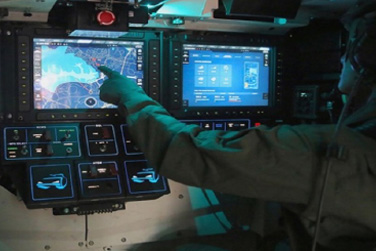
Sense-Making and Decision-Making in Complexity
Modern day security challenges extend beyond the conventional air, land, sea domains to include cyber and information space across the full spectrum of conflict. SAF leaders at all levels need to appreciate this new operating space and balance the exercise of “mission command" thinking and “directed command" practices, in order to lead effectively and decisively. They require the cognitive ability for tactical, operational and strategic sense-making and decision-making in a multi-domain and hybrid warfare environment characterised – from peacetime crisis, through grey zone conflicts and to hot war combat.

Driving Change
The strategic and operational environments compel SAF 2040 leaders to be resilient and adaptive. This requires all levels of SAF leaders to initiate, facilitate and support change across the entire defence enterprise during peacetime, and in their units/mission task groups during operations – in order to shape sustainable changes in organisational systems and culture, enhance mission-effectiveness, and desired outcomes.
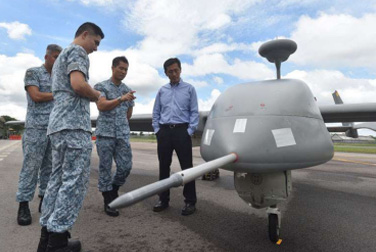
Ops-Tech Integration
The 4IR and consequential technological applications in the defence and security domains require SAF leaders to enhance their ability to appreciate and harness technology and digitalisation as a force multiplier. This will allow the SAF to enhance the conduct of both peacetime and combat operations for decisive operational advantages and effectiveness to achieve better mission outcomes.
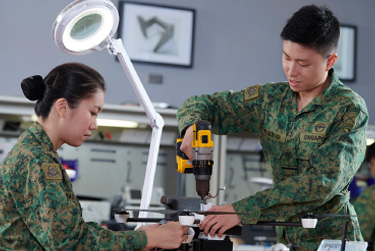
Innovate Extensively
SAF leaders must be able to innovate extensively at the ground and organisational levels to develop new or adapt existing structures, processes and technological applications, in order to achieve game-changing breakthrough and better mission outcomes. While the emphasis on innovation in the SAF is not new, the complex and disruptive operating environment of SAF 2040 compels our leaders to exercise creativity for problem-solving in small and big ways, and more extensively in peace and in operations.
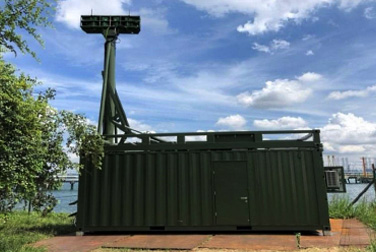
Do More with Less Resources
Given the landscape of scarce and plateauing defence resources (manpower, fiscal and time), SAF leaders at all levels must endeavour to achieve stretched mission outcomes with limited or less resources, through resource optimisation and effective collaboration with non-defence/external stakeholders and partners. Our creativity to innovate, and the effective engagement and motivation of our people will also provide levers and force multipliers within the SAF's constraints to do more with less.
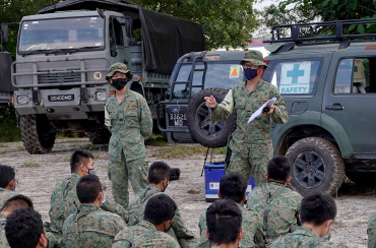
Motivating and Engaging Diverse Groups of People
The SAF will operate with an inter-generational workforce of increasingly diverse socio-economic-educational backgrounds, expectations and aspirations. Our WoG counterparts and foreign security partners bring forth the challenges of cultural and political diversity. As such, SAF leaders need to develop new sensibilities and awareness to engage and motivate our people and collaborate with our partners. SAF leaders need to strengthen our people and team development skills at all levels, and build new skills for effective influence through contemporary forms and means of communications.